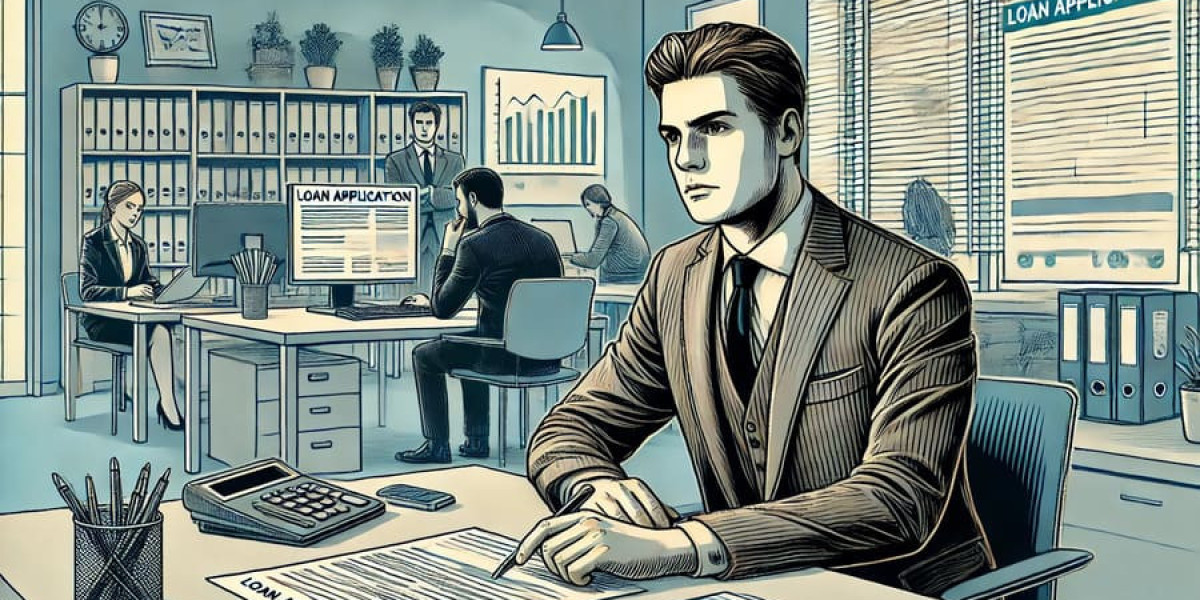A Gas Safety Certificate is a legal requirement for landlords. It is crucial to ensure the safety and health of your tenants. It will also extend the life of appliances.
The engineer will inspect the safety of your gas appliances and pipes. They will then issue the certification. If an appliance is considered to be Immediately Dangerous or at risk and must be replaced immediately.
Ventilation
Your engineer will examine the ventilation channels in each appliance as part of the gas safety inspection to make sure that they are clear of obstructions and free of obstructions. This is crucial to avoid the accumulation of harmful gases in your home, such as carbon monoxide. This is a particularly harmful gas that can cause poisoning if it builds up in large amounts, so your engineer should check for it regularly as they go around the property.
They will also check chimneys and flues to make sure they are free of obstructions, properly sealed and capable of releasing gas consistently. Carbon monoxide, a poisonous gas that is colorless and odourless is tested in the home. It can build up dangerously over time if not removed. Gas Safe registered engineers should be able to service and inspect your appliances annually.
In addition to these tests in addition, your gas engineer will examine the safety device for flame failure of each appliance, and verify that it's working properly. The device is designed to shut off the gas supply in the event that the flame goes out and to prevent the appliance from overheating. It is a crucial safety feature that every landlord must ensure is functioning correctly.
The gas engineer will check that all fittings, valves, and pressure regulators are tight and secure. They will verify that the gas type being used is the same as what was specified when the appliance was installed.
Your gas engineer will note any issues on the CP12 and provide suggestions on how to fix them. This document is essential and should be kept in your file to prove that your gas appliances were examined and are safe to use. Gas safety inspections are crucial for a number of reasons. They can help you comply with legal requirements and help to create the health of your environment. You and your tenants could pay a price for not renewing your CP12 certificates in time.
Pressure
Carbon monoxide can be dangerous in the event that a gas appliance has not been installed correctly. Engineers will ensure that there are no obstructions or blockages in the ventilation passages, and also that the appliance is functioning properly. They will also ensure that the gases released are safely discharged, and not causing a build-up in the home.
If an engineer finds an issue with the appliance, it may be required to shut off the gas supply. The gas safety certificate will record this and tenants affected are advised not to use their appliance until it has been repaired. Landlords are legally required to keep a record of any repairs they make and to renew their gas safety certificates regularly. It is recommended to have these checks performed by a qualified Gas Safe registered engineer who can carry out the required tests and provide an official certificate.
Gas safety certificates, also known as CP12s are crucial legal documents that provide information about the appliances and property inspected. It will include the date of the inspection, the address of the property and the name and Gas Safe registration number of the engineer who conducted it. It also lists any issues discovered and provide the steps that should be taken to fix them.
The CP12 will also note whether the appliances are sealed or open vented. It will also record the pressure of the gas supply and whether the cistern that feeds and expands has a ball valve that is working well. The engineer will also assess the efficiency of combustion of the appliance and determine if it is showing signs of carbon monoxide poisoning.
While some landlords might think that having a gas safety certificate is unnecessary, it is actually a legal requirement in the UK. It also helps to prevent injuries or accidents that could be caused by malfunctioning appliances, and promotes the safety of tenants. It is also beneficial when a house is being let or sold, as it shows that the property is in compliance with safety standards. Online services that provide a range of Gas Safe registered Engineers are the easiest way to schedule an inspection of gas safety. Enter the information you require and receive an instant quote for your gas safety certificate.
Flues
A flue is a hollow structure, such as a pipe, built up tile pipe, or any other kind of noncombustible materials that can be used to vent exhaust gases, smoke or fumes from heating elements, such as boilers hot water heaters, hot water heaters and furnaces. The flue's natural draft is crucial to the correct operation of these appliances. The gas has to be able escape from the appliance, and not recirculate within the structure. A gas safety engineer will inspect the exterior and interior of a flue in order to ensure that it is properly sealed and free of obstructions and that a natural draft is generated.
A certified engineer will also check the valves and pipes that connect to each of the gas appliances connected to the flues. If the connections are not up to the standards of the industry they could result in dangerous gas leaks that aren't being identified. To avoid the buildup of carbon monoxide it is crucial to keep the gas supply and outlet clean.
A certified engineer will note any defects or faults with the gas installation, its appliances and their appliances on a certificate of gas safety. When they return to the house they will be able to fix these problems and bring everything up to a standard. The landlord must obtain a gas safety certification for each rental property they own. This is to ensure that tenants are safe from any heating or gas related accidents.
Gas safety certificates are not required in law, but many homeowners opt to obtain certificates due to their benefits. They include peace of mind and knowing that their homes' heating systems are operating properly. In addition, some homeowners insurance policies require they have a gas safety certificate in order to be valid. Gas certificates of safety can save homeowners money on their home insurance and other expenses.
Appliances
One of the most important sections of a gas safety certificate is the listing of each appliance and installation that was examined. Each entry will include the manufacturer, the model as well as the location and whether the product was passed or failed. In some instances, a failure will include notes on the problem and recommendations for further action. If an appliance is found to leak carbon monoxide, an engineer might recommend replacing it immediately.
The engineer will not only examine the appliances as well as the flues. He will make sure that there aren't any obstructions in the flues, and that the gases are released frequently. This attention to detail can be vital as CO poisoning can occur if the gas cannot be eliminated.
 Landlords are required to have gas appliances and the related infrastructure inspected every year. This is a lawful requirement which must be observed otherwise the landlord may face serious consequences. Many landlords take gas safety seriously and do all they can to shield their tenants from gas accidents.
Landlords are required to have gas appliances and the related infrastructure inspected every year. This is a lawful requirement which must be observed otherwise the landlord may face serious consequences. Many landlords take gas safety seriously and do all they can to shield their tenants from gas accidents. A gas safety certificate is a document issued by an Gas Safe registered engineer following an inspection of the gas system in the building. The document is also called a Landlord Gas Safety Record or a CORGI Certificate. The document includes the name and registration number of the engineer who carried out the inspection, as well as the address of the house where the tests were conducted.
A gas safety certificate is a document issued by an Gas Safe registered engineer following an inspection of the gas system in the building. The document is also called a Landlord Gas Safety Record or a CORGI Certificate. The document includes the name and registration number of the engineer who carried out the inspection, as well as the address of the house where the tests were conducted.The gas engineer will ensure that appliances are safe to use and that they are in compliance with current regulations. They will inspect for leaks, confirm that there is sufficient ventilation, gauge gas pressure, etc. They will also examine flues to ensure that combustible gasses are properly ejected, and check the performance of appliances, including combustion efficiency.
If an appliance fails the tests it will be classified as Immediately Dangerous (ID) or At Risk (AR). These appliances are not to be used and must be replaced as soon as is possible. The gas engineer will take the appliance from gas safety certificate what is checked (click here for info) supply if they spot a defect they cannot repair. This will be recorded on the certificate.








